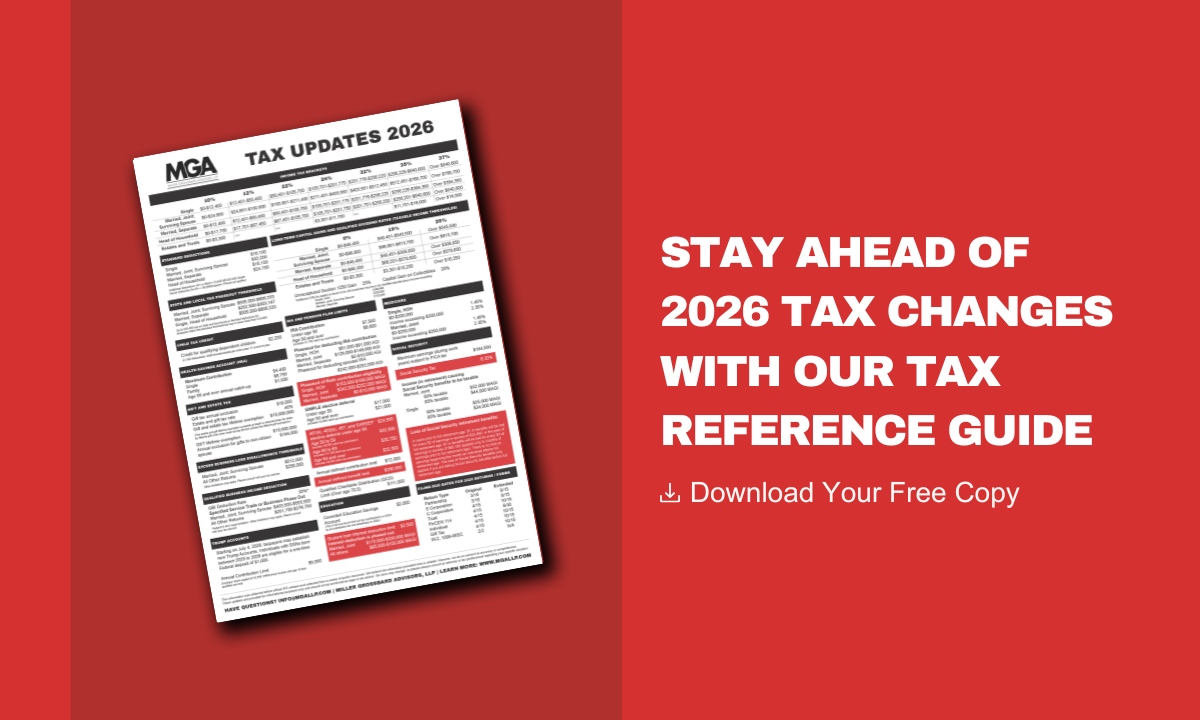In mid-September, House Democrats released their proposed tax legislation, which includes tax hikes on big corporations and the wealthy to fund President Biden’s $3.5 trillion reconciliation package. We are far away from any type of agreement, so it’s too early to say with certainty what the final tax reform will look like. However, some of the proposals being considered have significant impacts on the estate planning landscape.
We want to make sure you are aware of what’s currently on the table, as some laws may become effective as soon as legislation is passed. We encourage you to consider the opportunities available to you now, before that happens. Here is a quick overview of the proposed tax reform affecting estate planning — and what you should do now.
Estate and Gift Tax Proposals: 3 Actions to Consider NOW
1. Make gifting a top priority before year-end.Under the current law, you can gift up to $11.7 million (total of $23.4 million for a married couple) without being subject to the 40% federal estate or gift tax. The proposal would cut this exemption in half starting in 2022, which is four years earlier than set to occur under the Tax Cuts and Jobs Act. Under the new proposals, you can still use your $11.7 million exemption any time before the end of 2021.
2. Fund grantor trusts, immediately.
Today, grantor trusts offer significant tax advantages and flexibility to a donor. They allow you to gift assets and continue to be the owner of those assets for income tax purposes while keeping the trust property outside of your estate for estate tax purposes. As a result, a grantor can sell or exchange assets with the trust with no income tax consequence.
This is a common estate planning technique used today, especially for those with large estates, but the new tax proposals would eliminate many of these tax benefits as soon as the new law is enacted. If you are considered the owner of a grantor trust for income tax purposes, the trust would also be included in your estate for estate tax purposes. Any sales to a grantor trust would also be subject to tax.
Please note that these rules would NOT apply to a grantor trust created and fully funded prior to the law’s enactment. However, the rules would apply to pre-enacted trusts in which “contributions” are made after the law’s enactment, hence why we encourage you to take action sooner rather than later.
3. Complete gifts of non-business assets in LLCs and LPs.
Currently, if you gift a minority or non-controlling interest in a private entity, the gift is valued at a significantly lower price due to discounts for lack of marketability and lack of control. The new tax proposals would eliminate these discounts if the entity’s assets include publicly-traded securities, non-operating cash, or other passive, non-business assets. These valuation discounts would disappear as soon as the new law is enacted.
The Window of Opportunity to Act Is Small, Don’t Wait
While we still need more clarity on many of the provisions listed above, the bottom line is that the window of opportunity to act is small. Some changes may go into effect in as little as a couple of weeks. Others will be in just a couple of months as we enter 2022.
As always, we are here to bring simple explanations to the complex tax changes around us. Please contact your team at MGA and your estate planning attorney to further discuss what these proposed estate planning changes may mean for you.
If you’d like to stay in the loop as we share timely articles like this, you can subscribe here to receive our instant notifications.
Have questions? Let’s talk!
.png?width=191&name=mgalogofinal-01%20(3).png)




